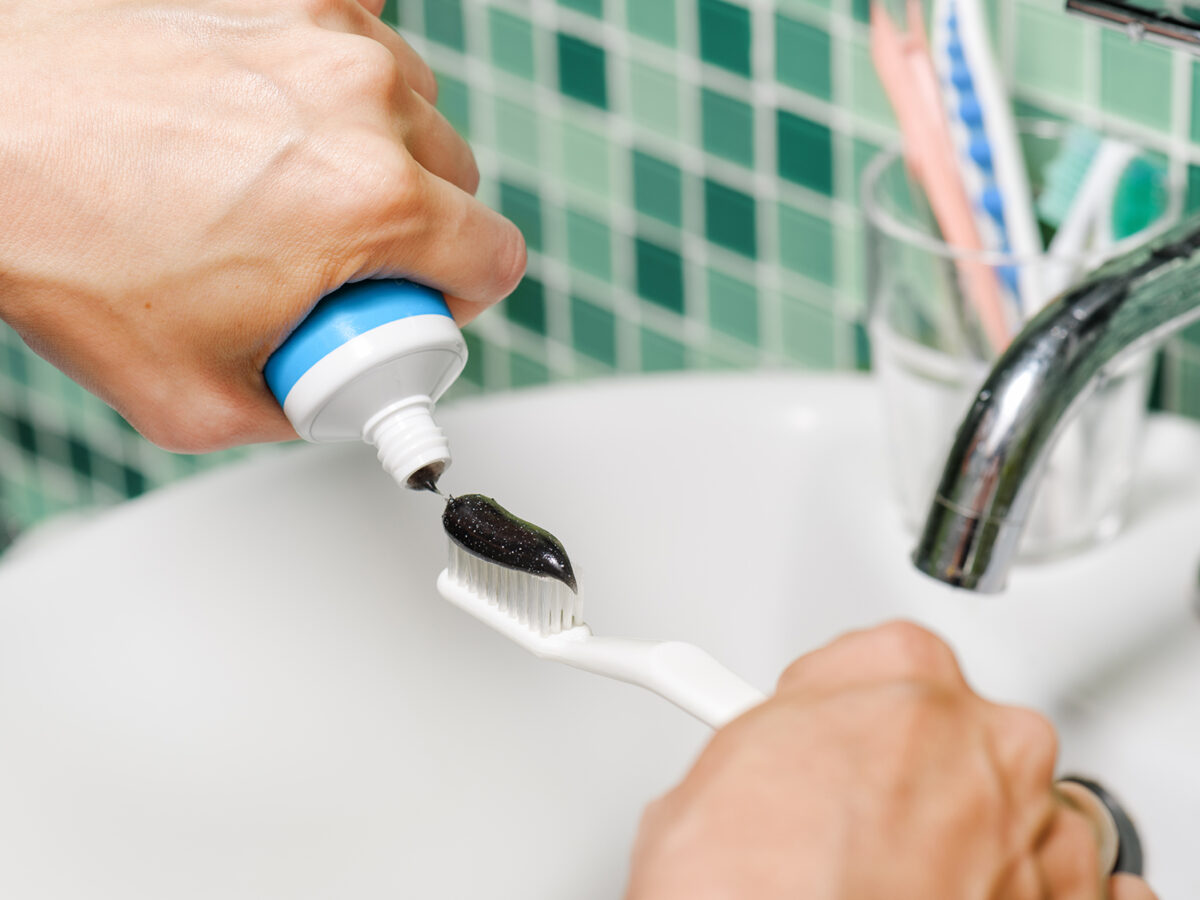Blog
Dental hygiene tips for healthy teeth & gums

Is DIY toothpaste safe?
The DIY movement has percolated deep into the world of dental care. From at-home teeth whitening techniques to refreshing mouthwashes, the trend has taken the entire domain of oral hygiene by storm. A relatively recent but overwhelming fad has been the usage of DIY toothpaste. Some devotees of the DIY tangent use home-made toothpaste because it is sustainable and environmentally friendly. On the contrary, others enjoy the ‘au natural and believe in the supremacy of organic products.
Nonetheless, unlike other essentials, toothpaste is an indispensable component of overall health and well-being. It is imperative to grasp the nitty-gritty of home-made oral care products and see if they are worth indulging. So, let us try and answer the looming question – whether DIY toothpaste is safe or not.
A Crisp Overview of DIY Toothpaste
Long before the advent of commercial and factory-produced toothpaste, people formulated their teeth-cleansing products. The contemporary trend of DIY toothpaste is attempting to go back to the past and bring in the archaic techniques that are pristine, natural, and harmless. At-home toothpaste can be either powder or paste, and the popular ingredients that are added include coconut oil, baking soda, sea salt, essential oils, activated charcoal, and so on. Some people prefer to add sweeteners like stevia and xylitol to their DIY toothpaste. The primary benefits of using DIY toothpaste are:
- The absence of harmful ingredients
- Low cost
- Environment-friendly due to lack of plastic packaging
- You can control the elements that you want in your toothpaste
- The flavor, texture, and grittiness of the paste can be customized
Is it Safe to Use DIY Toothpaste?
A 2017 study revealed that DIY toothpaste could be reasonably effective in removing dental plaque. The toothpaste concerned was a concoction of coconut oil, baking soda, and stevia. But, despite few advantages of DIY toothpaste, they suffer from a lack that cannot be overlooked – the absence of fluoride. Commercial toothpaste tubes with an ADA seal comprise the optimum amount of fluoride, an essential mineral for strengthening tooth enamel and fighting tooth decay. Furthermore, specific types of toothpaste have active ingredients that cater to particular problems like teeth staining, sensitivity, bad breath, and the like. It is improbable that a home-made formula will extend all the benefits of packaged and polished toothpaste found in the store.
In addition to the absence of fluoride and active ingredients, DIY toothpaste can, in fact, harm the teeth if caution is not exercised. Several substances like lemon juice, tomato juice, essential oils, and excessive hydrogen peroxide can deteriorate the teeth and gums. Ignorance can be lethal, and it is unkind to expect a layperson to have all the knowledge about dental care and what is good for their teeth and gums. So, hopping on to the DIY toothpaste bandwagon is genuinely unwise.
If you are keen on natural options, look for commercial toothpaste containing mint extracts, baking soda, salt, and other similar ingredients.
Book Appointment to find out which treatment might be best for you.
